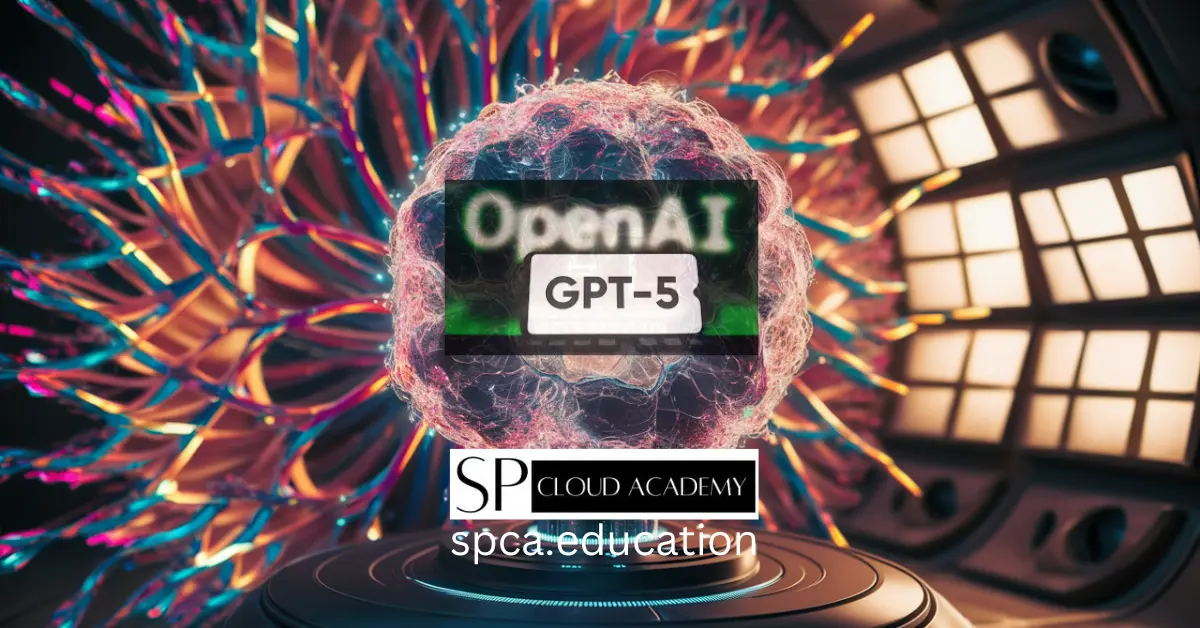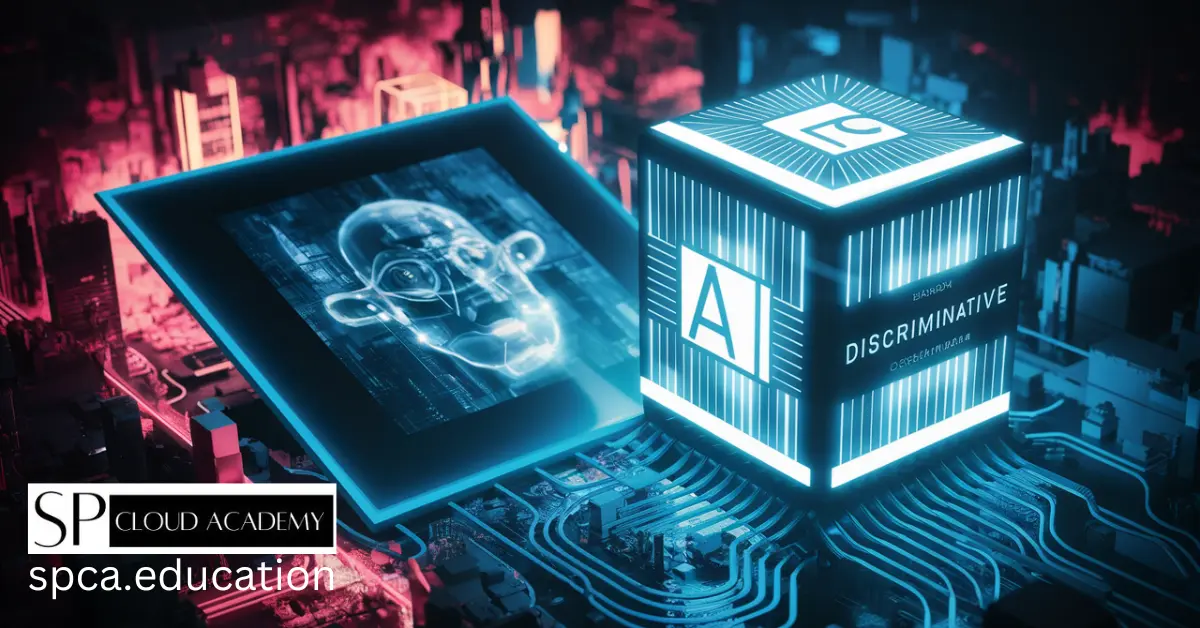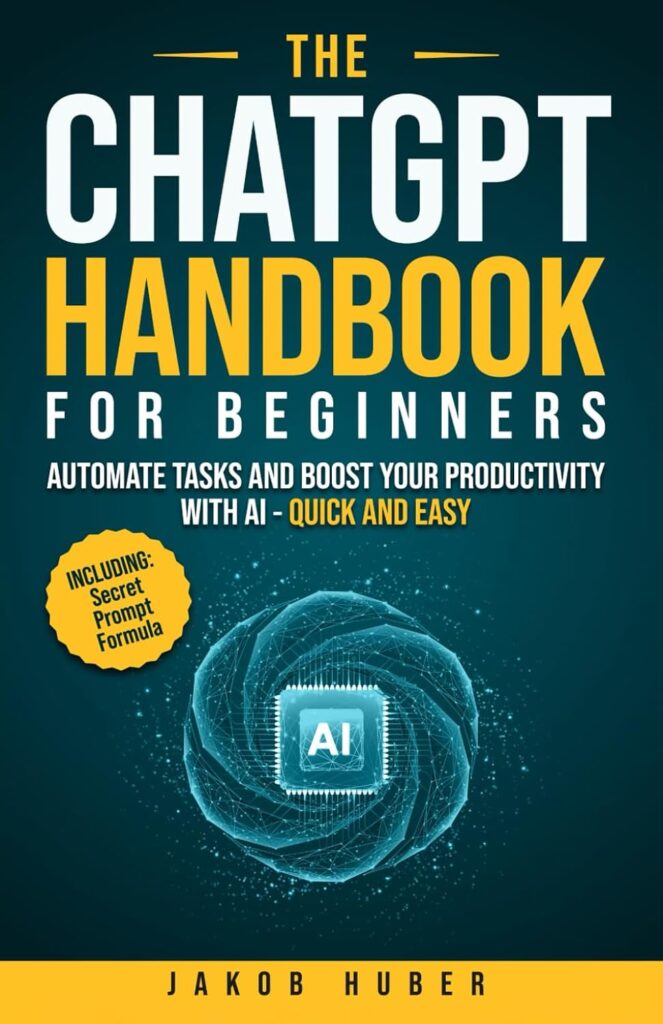The world of work is transforming at an unprecedented pace, and at the heart of this revolution is Artificial Intelligence. AI is no longer a futuristic concept; it’s a practical tool being integrated into every industry, from marketing to medicine. By 2025, professionals who can effectively leverage, manage, and collaborate with AI systems will not just survive—they will thrive.
But what does it mean to be “good with AI”? It’s not just about coding or complex data science. It’s about a new set of hybrid skills that blend technical understanding with human intuition. Developing these skills is your ticket to staying relevant, valuable, and ahead of the curve. This guide breaks down the nine most critical AI-related skills that will define the top talent of 2025. Let’s dive in.
1. Prompt Engineering: The Art of the AI Conversation
Think of a powerful AI like a genius intern: it has vast knowledge but needs clear instructions to deliver great results. Prompt engineering is the skill of crafting those instructions. It’s the art and science of asking the right questions and providing the right context to guide AI models (like ChatGPT or Midjourney) toward the desired output. A well-crafted prompt can be the difference between a generic, useless response and a brilliant, insightful piece of work.
In 2025, this skill will be as fundamental as using a search engine is today. Marketers will use it to generate creative campaign ideas, developers to debug code, and managers to summarize complex reports. It’s a universal skill that amplifies your existing expertise, allowing you to delegate cognitive tasks to your AI partner and focus on strategy and refinement. Mastering prompt engineering is the first and most crucial step in making AI work for you, not against you.
2. Data Literacy: Understanding the Language of AI
Artificial intelligence is fueled by data. To truly understand AI’s capabilities and limitations, you need to speak its language—and that language is data. Data literacy isn’t about being a data scientist; it’s about being able to comfortably read, interpret, question, and make decisions based on data. It’s knowing what a dataset represents, identifying potential biases, and understanding the story the numbers are telling.
As AI tools become more common, they will generate vast amounts of analytics and reports. A data-literate professional can look at an AI-generated sales forecast and ask critical questions: “What data was this based on? Does it account for seasonal trends? Is there a bias in the customer sample?” This skill empowers you to be a critical user of AI, not just a passive consumer. It ensures you can validate AI’s suggestions and use them to make genuinely informed business decisions.
3. AI-Assisted Content Creation and Curation
From blog posts and social media updates to video scripts and presentation slides, content is king. AI is now a powerful co-creator in this kingdom. The skill is no longer just about writing or designing from a blank slate; it’s about using AI tools to brainstorm, generate first drafts, and create variations, then applying your human touch to edit, refine, and add a unique voice.
This skill extends to curation. With AI able to summarize articles, identify trends, and categorize information, professionals can quickly sift through the noise to find the most relevant content for their audience. A marketing manager might use AI to generate ten different headlines for an article and then use their expertise to pick the one that best resonates with their brand. This human-in-the-loop approach combines AI’s speed with human creativity and strategic oversight, leading to better content produced in a fraction of the time.
4. AI Ethics and Governance
As AI becomes more powerful and autonomous, the ethical implications grow. An AI skill in high demand is the ability to navigate the complex moral landscape of artificial intelligence. This involves understanding and mitigating issues like algorithmic bias, data privacy, transparency, and accountability. Who is responsible when an AI makes a mistake? Is the training data for a hiring AI fair to all demographics?
Professionals with skills in AI ethics are essential for building trust with customers and avoiding legal and reputational disasters. They help organizations develop responsible AI frameworks and ensure that automated systems align with human values. This isn’t just a job for philosophers or lawyers; managers, product developers, and HR specialists will all need to consider the ethical footprint of the AI tools they deploy. In 2025, being able to build or use AI responsibly will be a non-negotiable trait for any leader.
5. AI Tool Integration and Workflow Automation
The real power of AI is unlocked when it’s seamlessly woven into your daily tasks. This skill involves identifying opportunities for automation in your workflow and using AI-powered tools or platforms like Zapier and Make to connect different applications. It’s about building a personalized, intelligent ecosystem that handles repetitive, time-consuming tasks for you.
Imagine a workflow where an email from a new client automatically triggers an AI to create a project folder, draft a welcome email, add a task to your project management tool, and schedule a kick-off meeting. This isn’t science fiction; it’s achievable with modern AI tools. Professionals who can design and implement these automated workflows will free up significant mental bandwidth for high-value strategic thinking, problem-solving, and creative work. They become architects of efficiency, making themselves and their teams exponentially more productive.
6. Critical Thinking in an AI-Enabled World
When you have an AI that can answer almost any question, the most valuable skill becomes knowing which questions to ask and how to critically evaluate the answers. AI models are incredibly good at generating plausible-sounding text, but they can be confidently wrong—a phenomenon known as “hallucination.” They can also reflect biases from their training data.
The skill of critical thinking in an AI context means treating AI output as a starting point, not a final answer. It’s the ability to fact-check, cross-reference information, identify logical fallacies, and apply your domain expertise to vet the AI’s suggestions. While others might blindly copy and paste, a professional with strong critical thinking skills will challenge the AI, refine its output, and ultimately produce superior, more reliable work. This is the ultimate human advantage that no machine can replicate.
7. Understanding Basic Machine Learning Concepts
You don’t need to be a programmer to benefit from understanding the fundamentals of Machine Learning (ML), the engine behind most modern AI. Grasping core concepts like training data, models, supervised vs. unsupervised learning, and classification helps demystify AI. It allows you to understand how an AI tool arrives at its conclusions, what its limitations are, and when it is the right tool for the job.
This conceptual knowledge is invaluable for managers and strategists. When a team proposes an ML-based solution to predict customer churn, a leader who understands the basics can ask intelligent questions about the model’s accuracy, the data required, and potential pitfalls. This understanding bridges the gap between technical teams and business leadership, leading to more successful AI implementations and a smarter overall strategy.
8. AI-Driven Business Strategy
The most forward-thinking leaders will use AI not just as a productivity tool but as a strategic partner. This skill involves using AI-driven insights to identify new market opportunities, optimize business processes, and build a sustainable competitive advantage. It’s about looking at the big picture and asking, “How can AI fundamentally change the way we deliver value to our customers?”
A strategist with this skill might use AI to analyze market trends and predict the next big consumer demand. They might leverage AI to create hyper-personalized customer experiences or to dynamically adjust pricing in real-time. This requires a blend of business acumen, creativity, and a solid understanding of what AI can and cannot do. By embedding AI into the core of business strategy, these professionals will pilot their organizations into the future.
9. Natural Language Processing (NLP) Application
Natural Language Processing is the branch of AI that deals with understanding and generating human language. While you don’t need to build NLP models, understanding their applications is a game-changer. This skill is about knowing how to leverage tools built on NLP, such as sentiment analysis, chatbots, and text summarization.
For example, a customer service manager can use sentiment analysis to instantly gauge the overall mood of customer feedback, identifying urgent issues before they escalate. A product manager can use topic modeling on thousands of user reviews to pinpoint the most requested features. By understanding the practical applications of NLP, you can extract valuable, actionable insights from the vast sea of unstructured text data that businesses generate every day, turning words into a strategic asset.
Your Roadmap to AI Mastery
The future isn’t about man versus machine; it’s about professionals with AI versus professionals without it. The skills outlined above are your roadmap to being in the former group. Start small. Pick one or two skills that align with your current role and interests. Experiment with free AI tools, take an online course, and most importantly, cultivate a mindset of curiosity and continuous learning. The investment you make in upskilling today will be the foundation of your success in 2025 and beyond.
See Also
-

AI vs. The Mind: The Ultimate Battle Between Machine and Thought
-

Lifelong Learning in the AI Era: How Upskilling Can Future-Proof Your Career
-

Personalized AI Tutoring Tools: The Future of Smarter Learning
-

Blogging vs. AI: Who Owns the Future of Online Content? A Deep Dive
-

Why GPT-5 Might Be the Most Intelligent AI Ever Created
-

Unlocking the Power of Discriminative AI: The Future of Intelligent Decision-Making
-

Unlocking Creativity: The Fundamentals of Generative AI Explained
-

Traditional Web Surfing vs AI: Who Wins the Battle for Your Attention?
-

Stay Ahead of the Curve: 9 AI Skills That Set You Apart in 2025
-

Smarter Than Search: How AI Is Reshaping the Way We Find Information
-

Make Money While You Sleep: The Ultimate Guide to AI-Powered Passive Income
-

Microsoft Copilot Is Changing Work Forever — Here’s How It Impacts You

